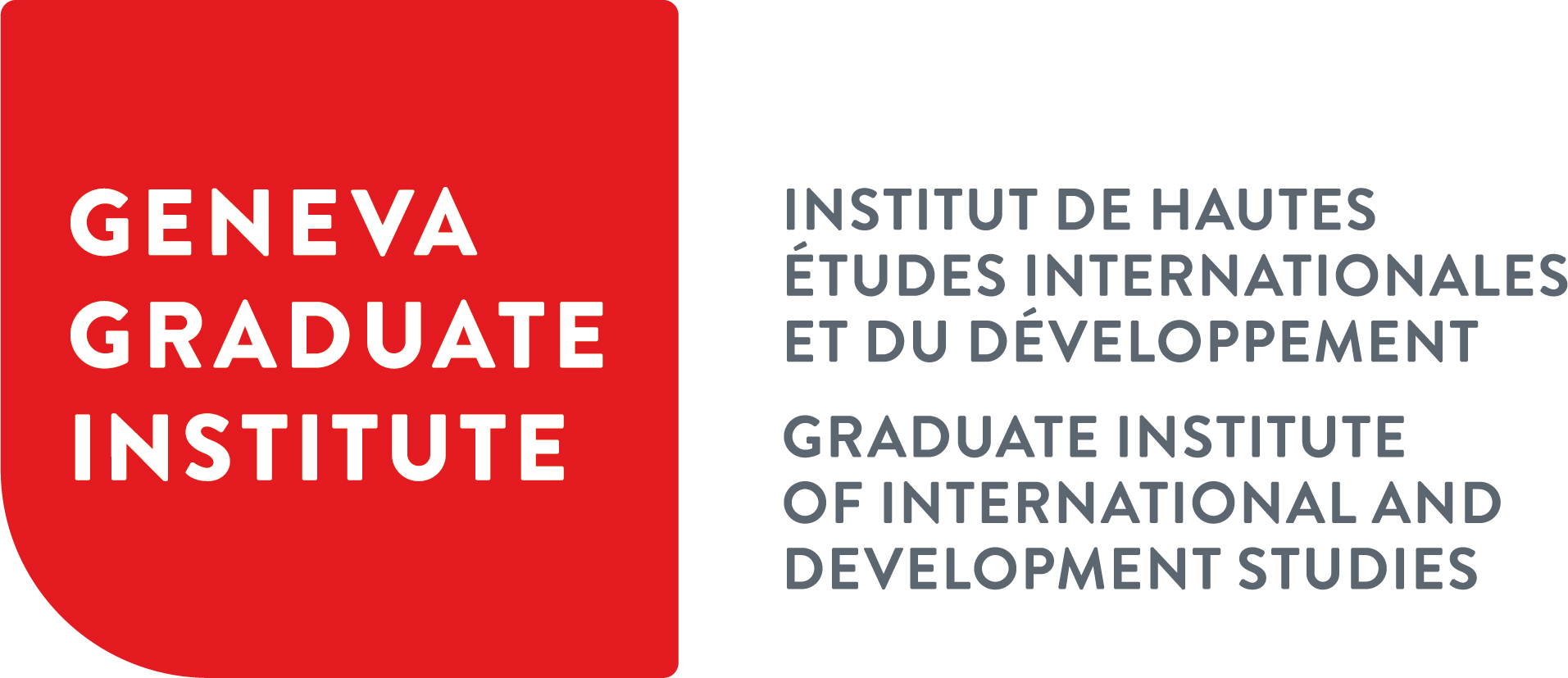News » Mexico: Declassification of the Three Armed Conflicts Involving Drug Cartels on RULAC
Mexico: Declassification of the Three Armed Conflicts Involving Drug Cartels on RULAC
Our Rule of Law in Armed Conflicts online portal (RULAC) classified the armed violence opposing the Mexican armed forces to the Cartel Jalisco Nueva Generación (CJNG, Jalisco Cartel New Generation) and to the Sinaloa Cartel, as well as the armed violence between these two gangs as non-international armed conflicts (NIACs).
According to this classification – based on the level of violence and on the level of organization of the drug cartels – international humanitarian law (IHL) applied to these clashes in addition to international human rights law (IHRL) and war crimes could be committed.
‘This was the only case on RULAC where armed violence involving drug cartels was considered as amounting to NIACs’ explains Dr Chiara Redaelli, Research Fellow at the Geneva Academy.
Challenges in Attributing Acts of Violence to Specific Drug Cartels
This declassification does not mean that the violence decreased throughout the country, that there are fewer victims or that the overall situation improved.
‘While the armed violence between the government and the drug cartels, as well as between cartels themselves, remains high, it has become increasingly challenging to attribute these instances of violence and clashes to specific armed groups. As we cannot attribute these acts of violence to a specific drug cartel, we cannot conclude that the intensity of violence’s requirement is met, and, therefore, conclude with certainty that these three NIACs are still ongoing’ explains Dr Redaelli.
‘This declassification does not leave a protection gap. Indeed, IHRL continues applying to these clashes. This means that the applicable framework is the law enforcement paradigm as opposed to IHL’ she adds.


